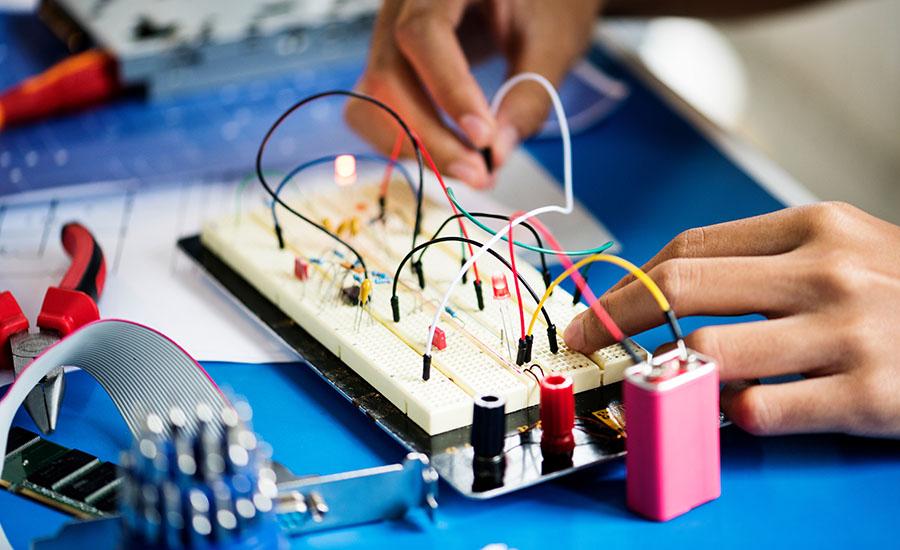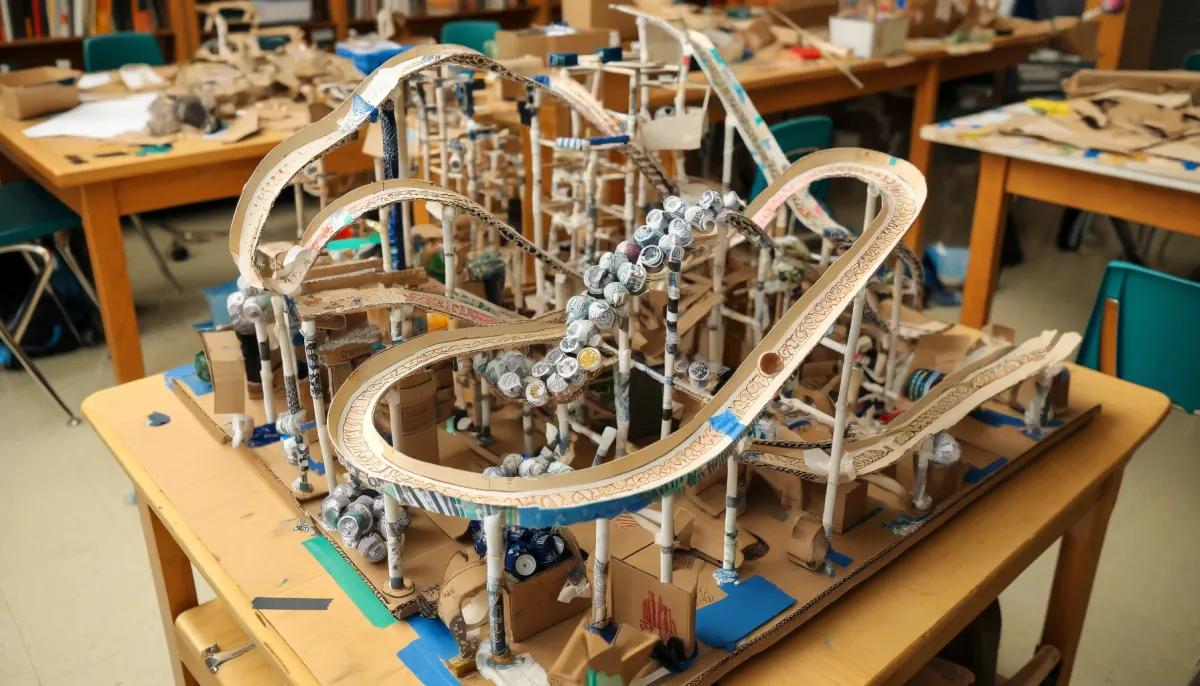
“Don’t Lose the Light”- a Hands-on Approach to Exponential Decay
by Karen Larsen
This hands-on lesson helps students understand exponential functions by using an LED circuit. LED luminosity decreases at an exponential rate as more are added in series.
As students add more lights to the circuit, they will see the brightness of the lights dim and by measuring luminosity with a simple cell phone app, the students can actually chart the decrease in luminosity and find a trend line.
Lesson Plan Link/URL
https://docs.google.com/presentation/d/1-Nl3KyBQN4GFVK0uHkkhL3b9Q1fgGm9z/edit?u…Subject Area
Science Physical Science P4: Energy Transfer Technology 4. Innovative Designer Engineering S2: Apply the Engineering Design Process S3: Apply Mathematics to Engineering S4: Apply Science to Engineering S5: Apply Technology to Engineering Mathematics Measurement and Data (MD) Algebra (A) Reasoning with Functions and Relations (RFR)
Featured
Off
Related Content

Grades:
9th Grade, 10th Grade, 11th Grade, 12th Grade
Using the Introduction to Hydroponics lab, introduce students to the features of the Hydroponic Systems. Students will explore the different types of grow mediums and grow lights used in the systems

Grades:
7th Grade, 8th Grade, 9th Grade, 10th Grade, 11th Grade, 12th Grade
Students will apply principles of design, engineering, and mathematics to create a physical or digital labyrinth inspired by the myth of Theseus. This project integrates STEM concepts with literature

Grades:
9th Grade, 10th Grade, 11th Grade, 12th Grade
This lesson is designed for Day 3. Students use outside resources to modify and test helmet effectiveness with Pocketlab sensors. In this hands-on lesson, students will create a prototype and run